How has 2020 changed the agendas of the Internet companies? For which jobs the hiring is on the rise right now? What qualities do Internet companies seek in candidates? These and other questions have been raised by the round table New Trends in Internet Business During and After the Pandemic: What qualifications do Internet companies seek in new hires? Organized by HSE ICEF, the roundtable had among its speakers the alumni who are currently employed by Amazon, Stripe, SberMarket, Ozon, Yandex.
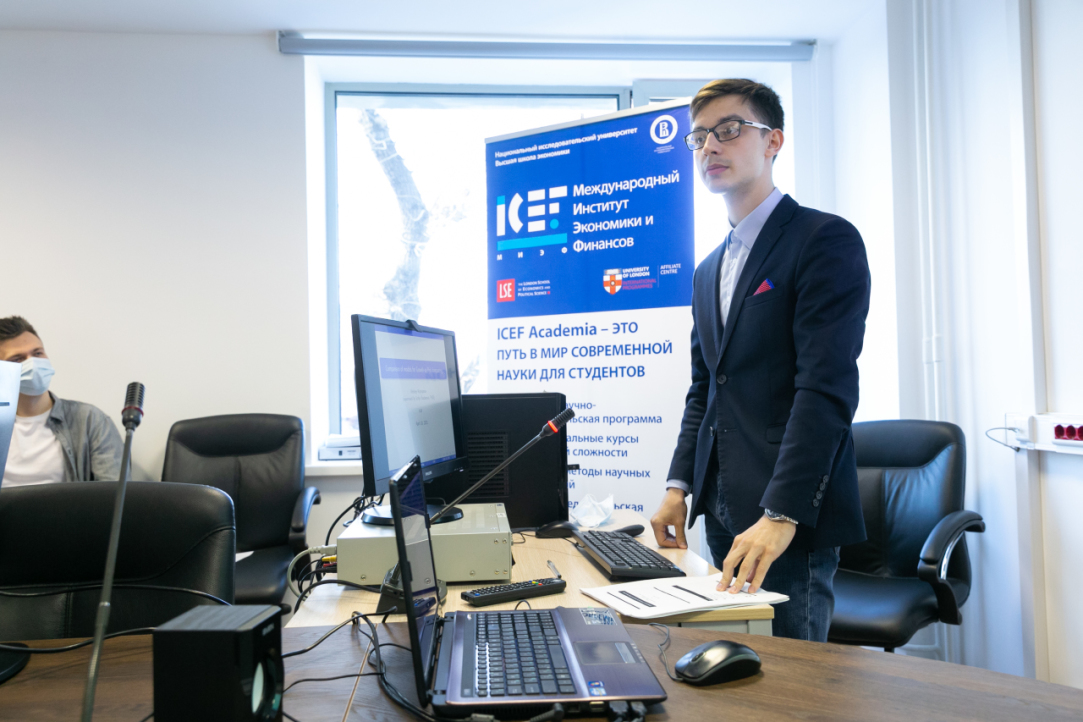

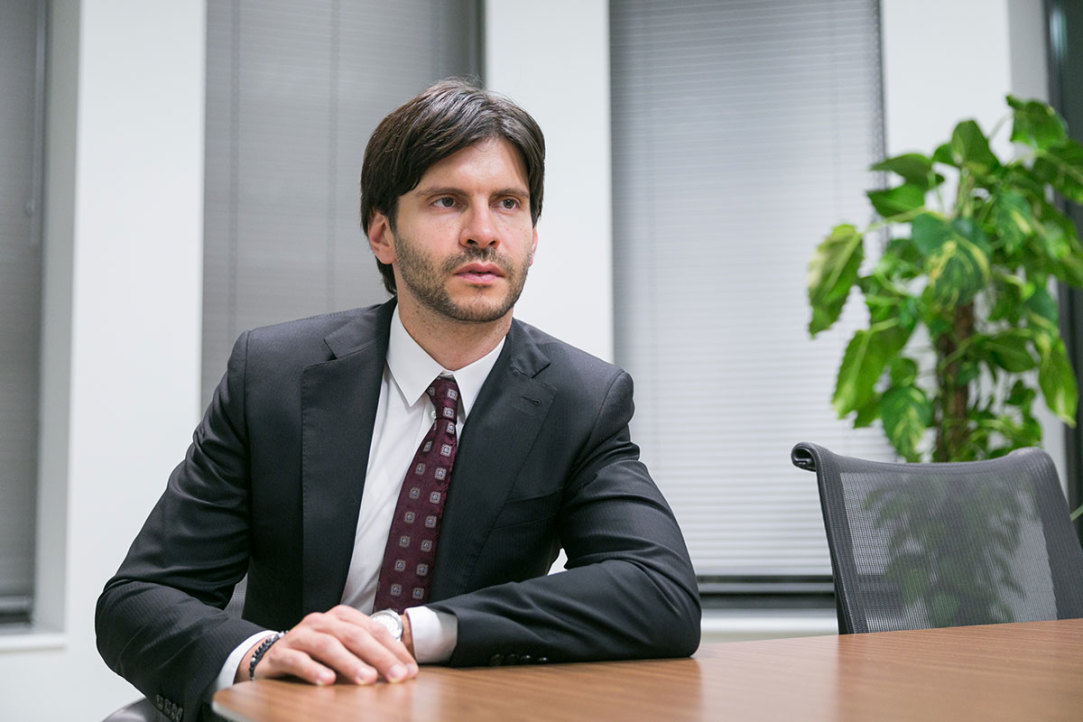

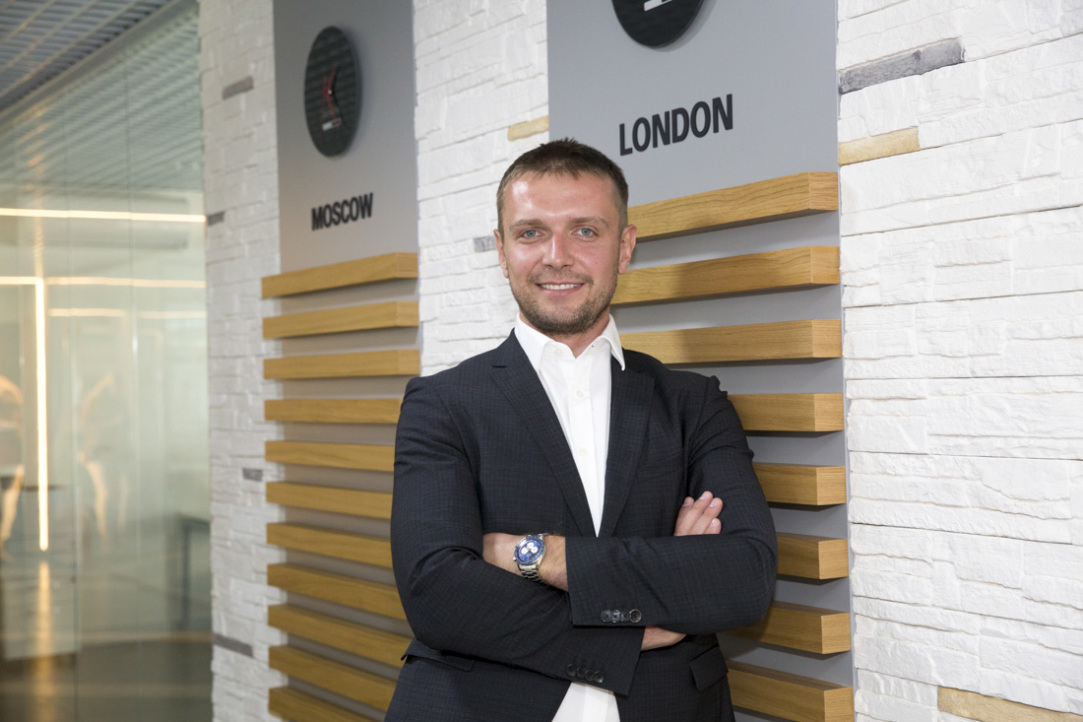

.png)
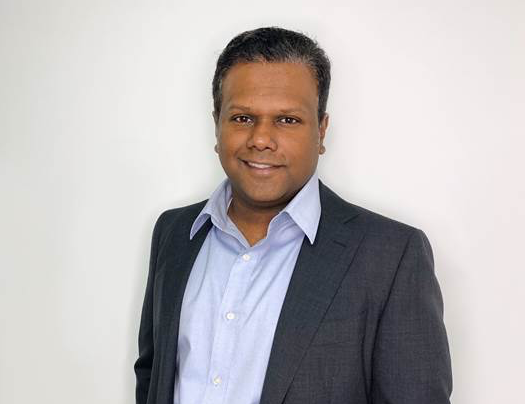
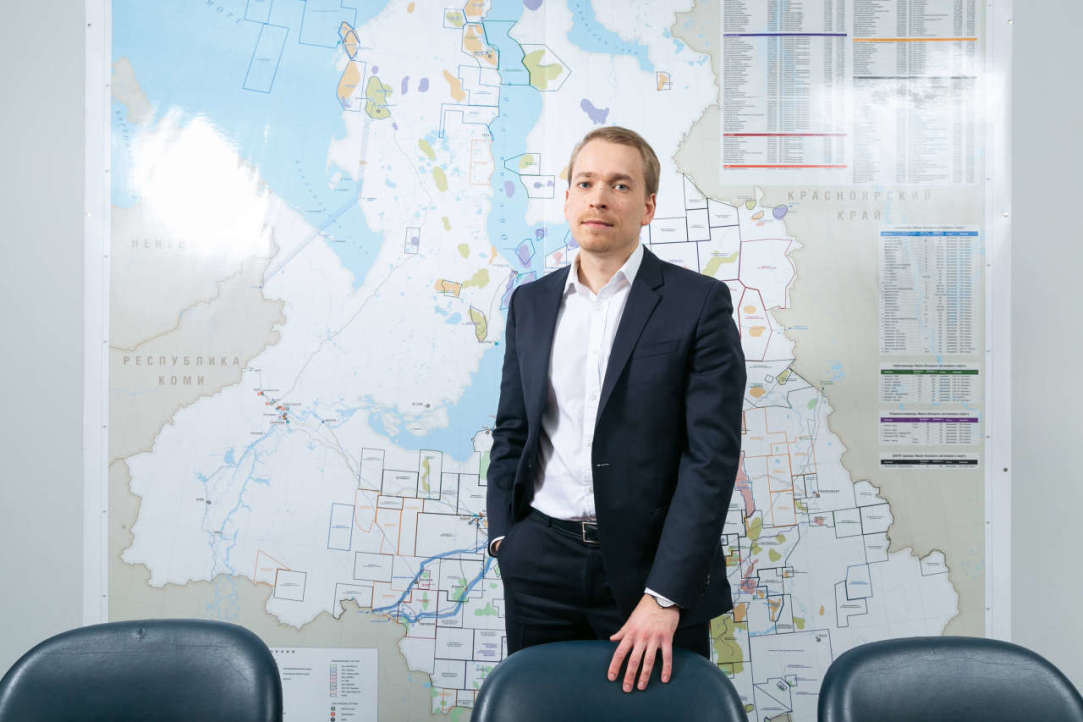
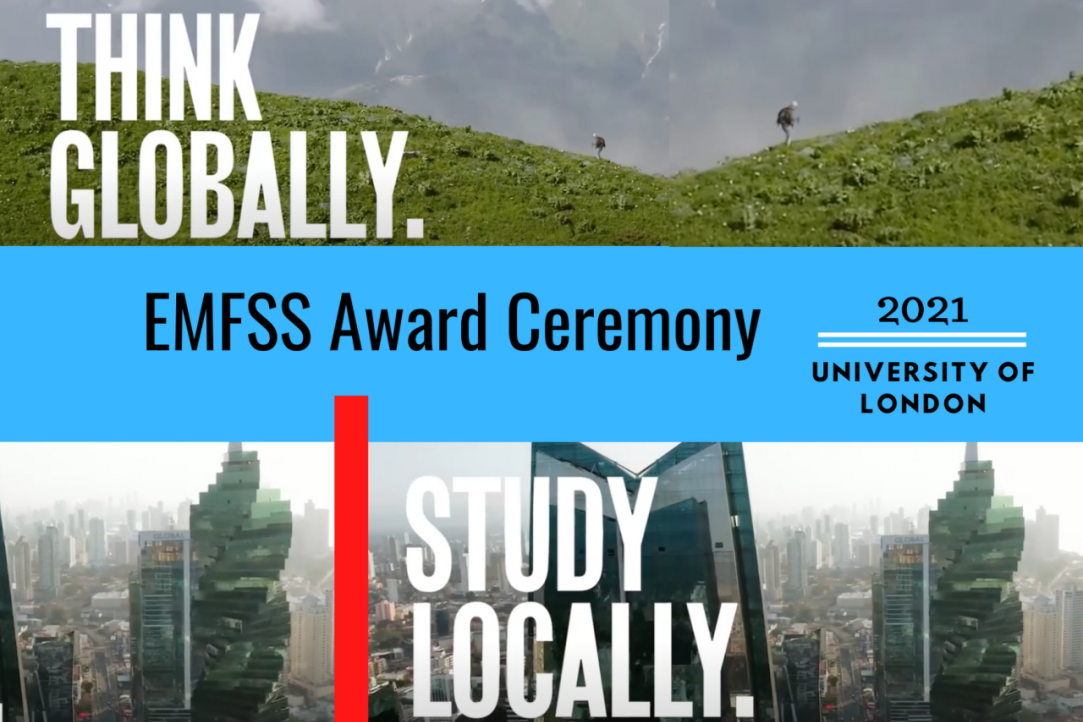






.png)



